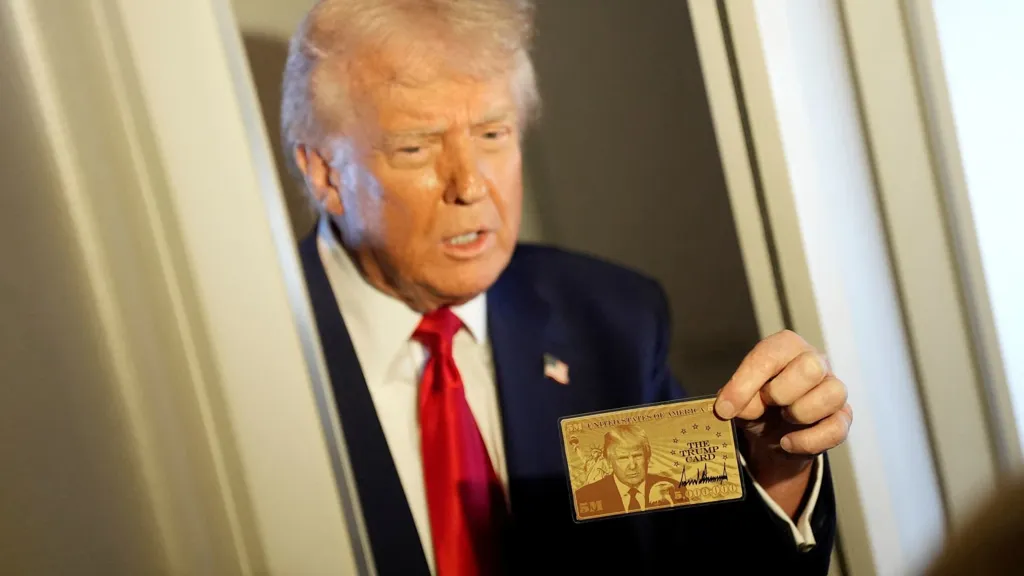But for now, the only (unwilling) subjects of Trump's "liberation" were investors, who were freed from the oppressive weight of their stock returns. Investors then fled to the safety of bonds before more "booms" shake the market.
U.S. President Donald Trump said he would be open to tariff talks with other counties if they offer something phenomenal, according to a Reuters report. Trump's top trade aide Peter Navarro told CNBC less than an hour earlier that the sweeping tariffs are "not a negotiation." Separately, Altimeter Capital CEO Brad Gerstner told CNBC that he spoke with CEOS of America's largest companies, and they think tariffs are "a huge mistake."
Stocks in the U.S. plummeted Thursday. The S&P 500 sank 4.84% and the Dow Jones Industrial Average slumped 3.98%. It was both indexes' biggest declines since June 2020. The Nasdaq Composite plunged 5.97% for its worst session since March 2020. The benchmark 10-year Treasury yield fell as low as 4% as investors turned to bonds in their search for safety. Asia-Pacific markets sank Friday. Japan's Nikkei 225 fell over 3%, leading losses in the region, while Australia's S&P/ASX 200 dropped 2.44% into correction territory.
The Magnificent Seven stocks collectively lost around $1.03 trillion in market cap, according to a CNBC analysis of Thursday's session. As a whole, CNBC's Magnificent Seven index tumbled more than 6% in the trading day. Apple shares were bruised the most, falling over 9%, its steepest fall in 5 years. Apple's official list of suppliers largely comprises countries disproportionately affected by Trump tariffs.
Trump's tariff plan will slow down growth and might push up prices, making the threat of stagflation "real," Lindsay Rosner, Goldman Sachs' head of multi-asset fixed income, said. JPMorgan economists think Trump's trade policies "would likely push the US and global economy into recession this year." The U.S. Federal Reserve will then face a no-win situation, having to choose between fighting inflation, boosting growth -- or simply avoiding the fray and letting events take their course without intervention.
South Korea's Constitutional Court Friday upheld the impeachment of President Yoon Suk Yeol, ousting him from office. The decision now starts a 60-day countdown during which a presidential election must be held to select the next president. In the interim, Prime Minister Han Duck-soo has been reinstated as acting president after a decision by the constitutional court on March 24.
Fresh off absorbing this week's tariff news from the White House, investors are bracing for a jobs report Friday that might provide little in the way of good news, even if it is better than expected. And if job numbers come in weak, it might be "a nail in the coffin for the U.S. economy," wrote one market strategist.
